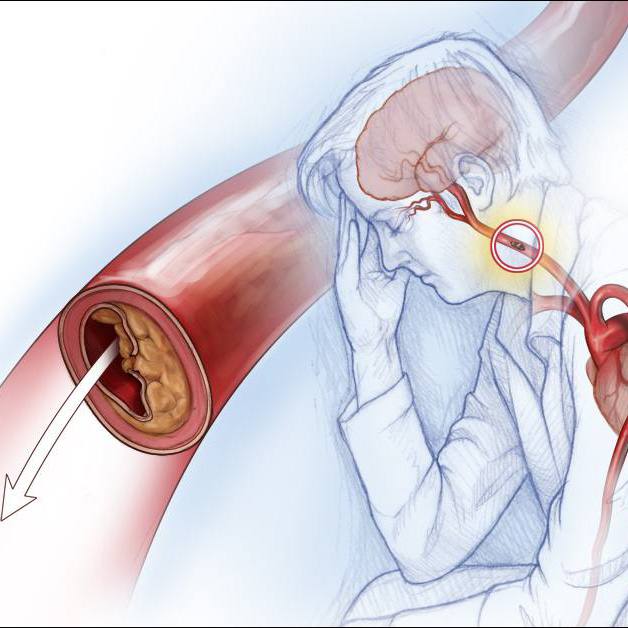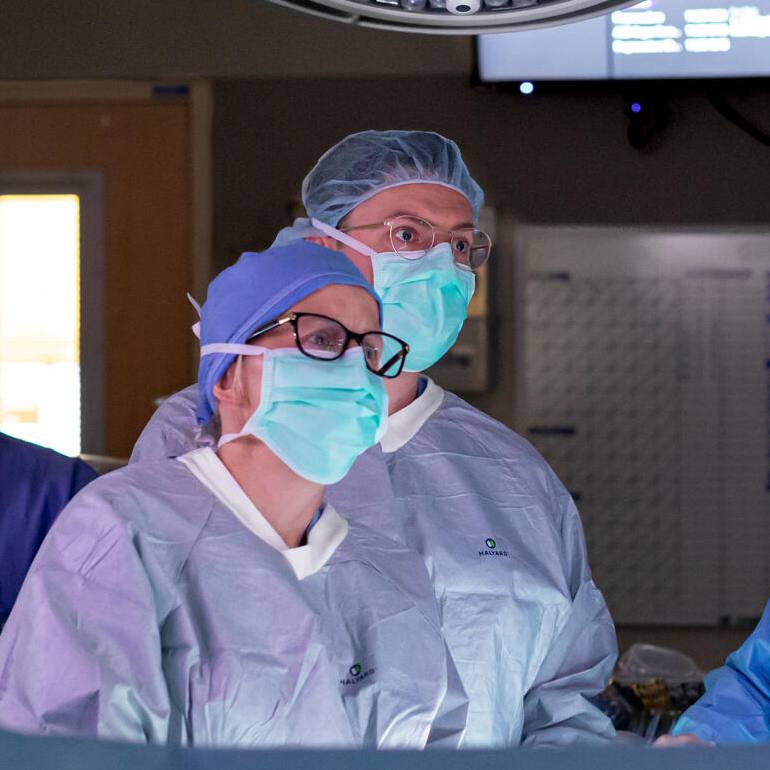Editor's note: Dec. 1-7 is Crohn's and Colitis Awareness Week
Inflammatory bowel disease (IBD) is a chronic inflammation of the digestive tract. It includes conditions such as ulcerative colitis and Crohn's disease. People with IBD may experience persistent symptoms like frequent diarrhea, weight loss, abdominal pain and fatigue.
There is no cure and no exact cause, though researchers continue to look at how genes, the microbiome and environmental factors play a role in this chronic disease. Dr. Amanda Johnson, a Mayo Clinic gastroenterologist, helps explain IBD and whether diet can help.
Journalists: Broadcast-quality video pkg (1:12) is in the downloads at the end of the post. Please courtesy: "Mayo Clinic News Network." Read the script.
IBD is a broad term for chronic inflammation of your digestive tract. Two types are Crohn's disease and ulcerative colitis.
“Ulcerative colitis really tends to only involve the colon and be more of a superficial type inflammation; whereas Crohn's disease can impact anything in the intestine, essentially, from the mouth all the way down to the anus," says Dr. Johnson.
She says diet alone does not cause IBD. While some foods may reduce symptoms, there is no one proven diet to control inflammation.
"The right diet is probably different for each individual, based on the type of IBD that they have, the location of their disease, whether they've had surgeries or other complications," says Dr. Johnson.

Focus on fresh fruits and vegetables, and whole grains. Avoid ultraprocessed foods, added sugars and animal fats. And drink plenty of fluid to stay hydrated.
Diet does not replace medical treatment. Dr. Johnson says there are effective treatment options, so it is important to work with your healthcare team.
"The tenant of therapy we have are immune-suppressing-type therapies that try to target that inappropriate response to the intestines and then calm down that inflammation within the gut," she says.
Related Articles







